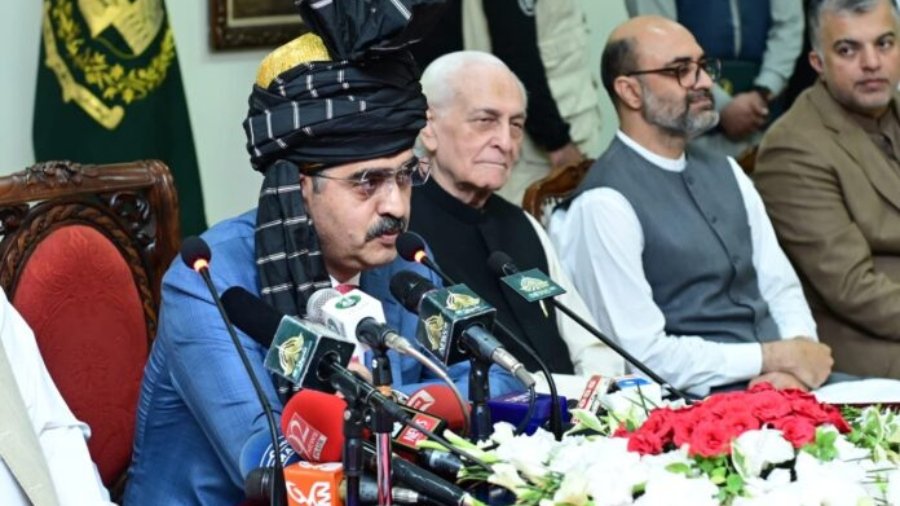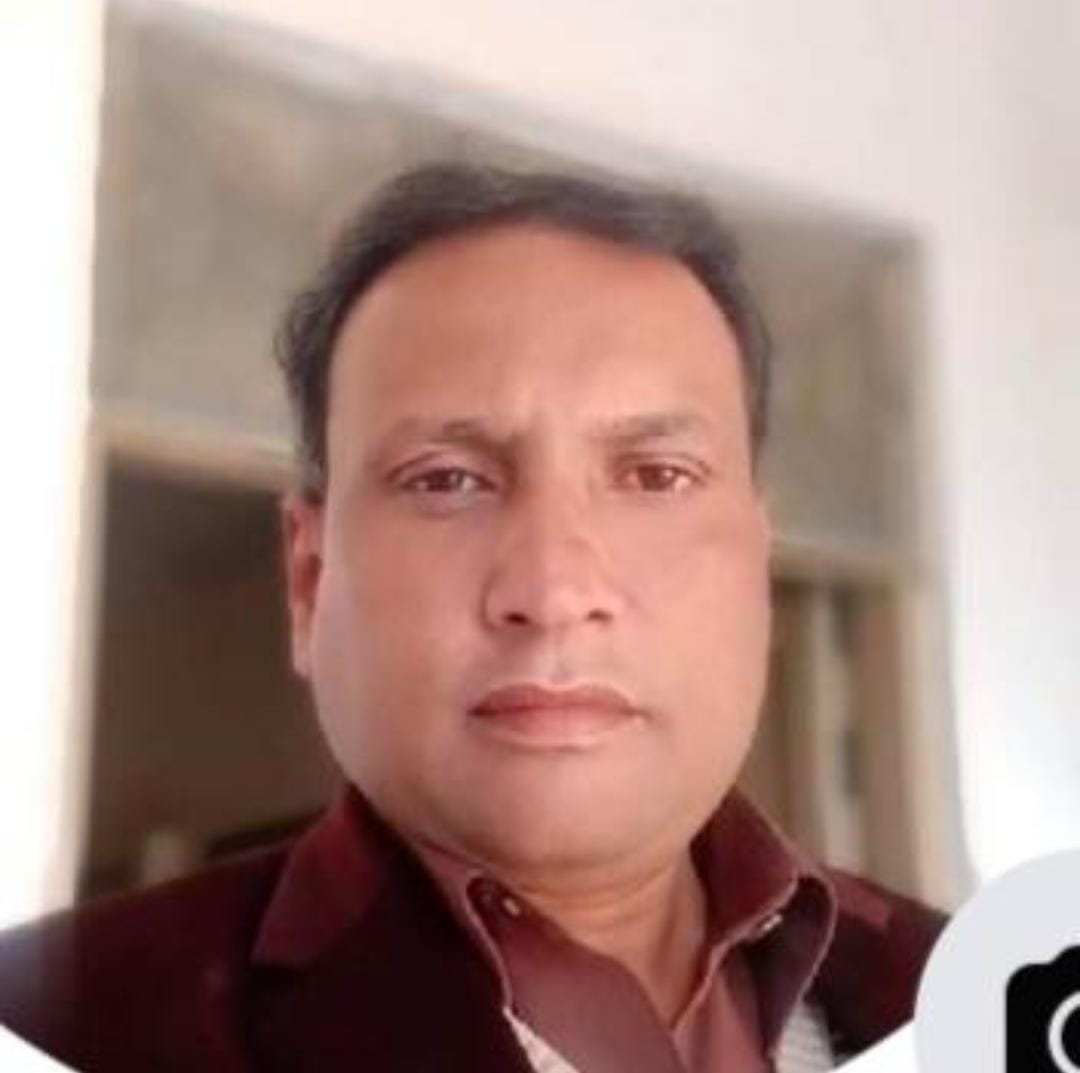In a recent visit to Peshawar, the capital of Khyber Pakhtunkhwa, Caretaker Prime Minister Anwaar-ul-Haq Kakar made a resolute statement, unequivocally ruling out any possibility of negotiations with the Tehreek-e-Taliban Pakistan (TTP). This bold declaration holds significant implications for Pakistan’s security landscape, its historical approach to dealing with militant groups, and the ongoing challenge posed by the TTP.
Shifting Priorities
The Prime Minister’s statement signifies a pronounced shift in the government’s approach to dealing with the TTP. Rather than pursuing dialogue, as the previous government did, Prime Minister Kakar’s administration has adopted a resolute stance emphasizing military action. This shift comes in the wake of criticism directed at previous attempts at peace talks, which were seen as providing the TTP with opportunities to regroup and resume violent activities.
Historical Context
The decision to prioritize military action over dialogue has deep historical underpinnings. Pakistan has a complex history of dealing with militant groups, including the TTP. The TTP emerged in the mid-2000s as an umbrella organization of various militant groups and has been responsible for numerous deadly attacks in Pakistan. Past attempts at negotiations with the TTP have yielded mixed results, often marked by broken ceasefires and renewed violence. The group’s ties to al-Qaeda and the Haqqani network further complicated diplomatic efforts.
Military Might
Prime Minister Kakar’s assertion of Pakistan’s capability to confront the TTP for an entire century is a powerful message. It underscores the government’s determination to use all available means to tackle the security threat posed by the TTP, emphasizing the central role of the military in Pakistan’s counter-terrorism strategy.
A Tense Security Environment
The Prime Minister’s acknowledgment of the severe security situation in Pakistan is a clear indication of the gravity of the issue. The TTP has consistently targeted civilians and security forces, prompting the government to respond with military operations. This underscores the urgency and necessity of a robust response to safeguard the country’s stability.
Read More: A Battle for Survival and Awareness: A Triumph Over Breast Cancer
Refugee Policy
In addition to addressing the TTP, Prime Minister Kakar clarified Pakistan’s policy regarding Afghan refugees. He stated that only illegal foreign residents were being expelled, demonstrating Pakistan’s commitment to managing the legal status of refugees while maintaining a secure border.
Economic and Political Matters
The statement briefly touches on economic and political matters, including the impact of the depreciating dollar on loans and the upcoming elections. These issues are addressed in a general manner, emphasizing adherence to established procedures.
Pakhtunkhwa’s Sacrifices
Prime Minister Kakar also took a moment to acknowledge the sacrifices made by the people of Khyber Pakhtunkhwa in the fight against terrorism. This recognition serves to commend the resilience and courage of the local population, who have faced significant security challenges.
In conclusion, Prime Minister Kakar’s statement reflects the caretaker government’s emphasis on military action as the preferred method for dealing with the TTP, influenced by the complexities of past negotiations and conflicts with militant groups. It underscores Pakistan’s commitment to maintaining a strong military stance against the TTP, indicating a prioritization of national security and a firm resolve to combat militant threats.
The effectiveness of this approach remains to be seen and will depend on various factors, including the success of military operations, intelligence gathering, and cooperation with neighboring countries, particularly Afghanistan. Additionally, it raises questions about the potential impact on regional stability, the safety of civilians, and the long-term prospects of resolving the complex issue of militancy in the region.
Read More: Vanishing snow leopards of Pakistan




 their religion and learn Hindi and Sanskrit—the languages in which sacred Hindu scriptures are written.
their religion and learn Hindi and Sanskrit—the languages in which sacred Hindu scriptures are written. the Bhagavad Gita. He believes that with serious government attention, Hindu children can receive the religious education they deserve.
the Bhagavad Gita. He believes that with serious government attention, Hindu children can receive the religious education they deserve.